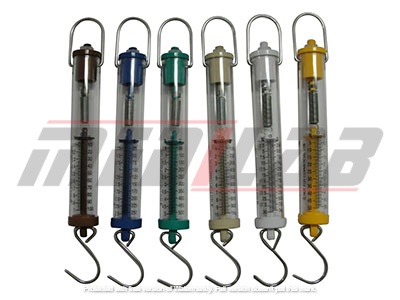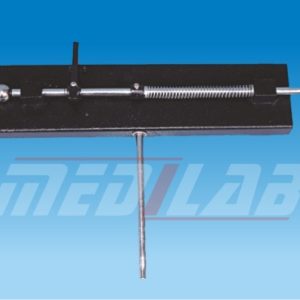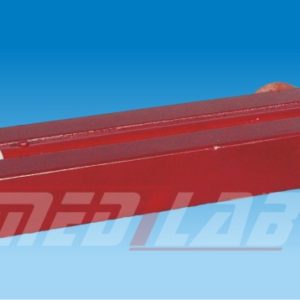Description
A laboratory spring scale is a measuring device used in scientific experiments to measure the weight or force of an object with greater accuracy and precision than an education spring scale. It works on the same principle as the education spring scale, consisting of a coiled spring with a hook or loop at one end to attach the object being measured, and a calibrated scale marked in units of force or weight.
However, laboratory spring scales are typically designed for more precise measurements and are constructed with higher-quality materials to ensure the accuracy and repeatability of measurements. They may also have additional features, such as zero adjustments and tare functionality, to improve accuracy and ease of use.
Laboratory spring scales are commonly used in physics, engineering, and materials science experiments to study the properties of materials, such as elasticity, tensile strength, and stiffness, and to measure the weight or force of small objects, such as test specimens or components. They may also be used in chemistry experiments to measure the weight of reagents or to calibrate other laboratory equipment, such as balances.
At MEDILAB, we specialize in providing high-quality laboratory equipment, including our reliable spring balance. We are a bulk supplier committed to meeting the needs of businesses worldwide. With our extensive shipping network, we ensure prompt delivery to your location, no matter where you are.
For inquiries, bulk orders, or to request more information about our products and services, please contact us today. Our dedicated team is here to assist you in finding the right solutions for your laboratory needs. Choose MEDILAB for all your laboratory equipment supplies.







